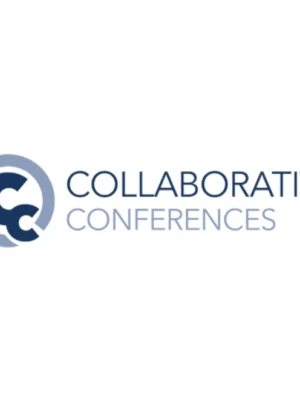No products in the cart.
video+PDF+ Questions on each module
These Courses do no provide any certifications/cme points /certificates
Clients diagnosed with personality disorders often fail to engage in treatment, miss sessions, feel hopeless and stuck, engage in self-harm, use substances, blame others, and experience continual crises. Through case examples and demonstration roleplays, Dr. Judith S. Beck will show you how to use the therapeutic alliance to engage these clients, help them view other people more realistically, solve interpersonal problems, decrease their use of unhelpful coping behaviors, and improve their relationships. Learn how to use evidence-based CBT strategies to help clients diagnosed with personality disorders evaluate and modify their longstanding, dysfunctional core beliefs so they can change their thinking at both an intellectual and emotional level.
Course Curriculum
Module 1: Introduction to CBT for Personality Disorders
Introduction to Treatment and Research
Diagnosing Personality Disorders
Cognitive Formulation
Schemas, Modes, Coping Strategies, and Intermediate Beliefs
The Problem-Based Cognitive Conceptualization Diagram (PB-CCD)
Strength-Based Formulation
The Strength-Based Cognitive Conceptualization Diagram (SB-CCD)
Module 2: The Basics of CBT for Personality Disorders
A Summary of CBT Treatment
Initiating Treatment for Clients with Personality Disorders
Treatment Planning
Modifications in CBT Treatment for Clients with Personality Disorders
Techniques from Other Modalities
Emotion Regulation and Self-Compassion Techniques
Specifying Problems
Maladaptive Assumptions
Therapy Session with Mary
Module 3: Strengthening Adaptive Beliefs
Identifying or Developing Adaptive Beliefs
Indirectly Strengthening Adaptive Beliefs
Educating Clients About Adaptive Core Beliefs
Motivating Clients to Strengthen Core Beliefs
Strengthening Adaptive Beliefs Directly
Module 4: Modifying Maladaptive Beliefs
Identifying Maladaptive Beliefs
Educating Clients about Maladaptive Core Beliefs
Sharing the Conceptualization with Clients
Explaining the Strength of Maladaptive Core Beliefs
Motivating Clients to Modify Maladaptive Core Beliefs
Introduction to Modifying Maladaptive Core Beliefs
Socratic Questioning and Reframing
Reflecting on Other People
Self-Disclosure, Modifying Spontaneous Images, Behavioral Experiments, and Skill Building
Cognitive Continuums, Intellectual-Emotional Role Plays, and Analogies and Metaphors
Restructuring the Meaning of Early Experiences
Variations for Restructuring the Meaning of Early Experience
Module 5: The Therapeutic Relationship
Therapy-Interfering Beliefs and Coping Strategies
Preventing Problems in the Therapeutic Relationship
Strengthening the Therapeutic Relationship
Identifying and Conceptualizing Difficulties in the Therapeutic Relationship
Planning A Strategy
Case Examples
Repairing Therapeutic Relationship Ruptures
Providing Interpersonal Feedback to Clients
Module 6: Therapists’ Unhelpful Reactions to Clients
Recognizing Unhelpful Reactions to Clients
Conceptualizing Problems
Increasing Empathy and Modifying Expectations
Managing Negative Reactions to Clients
Referring Clients, Self-Care, and Increasing Your Competence




